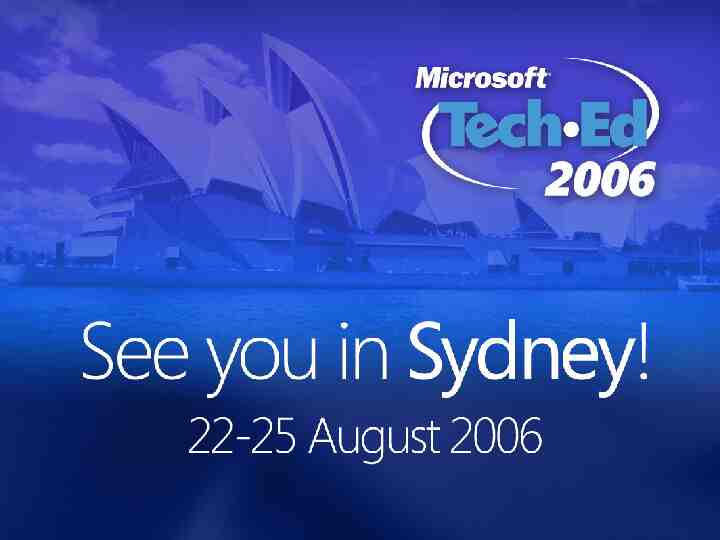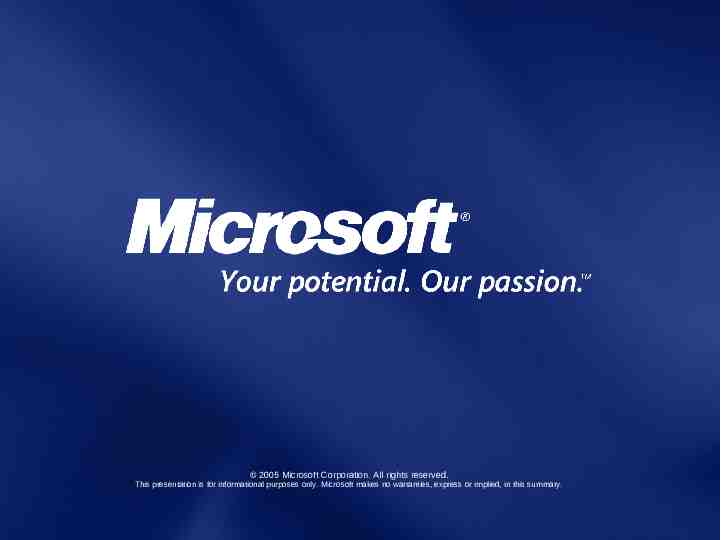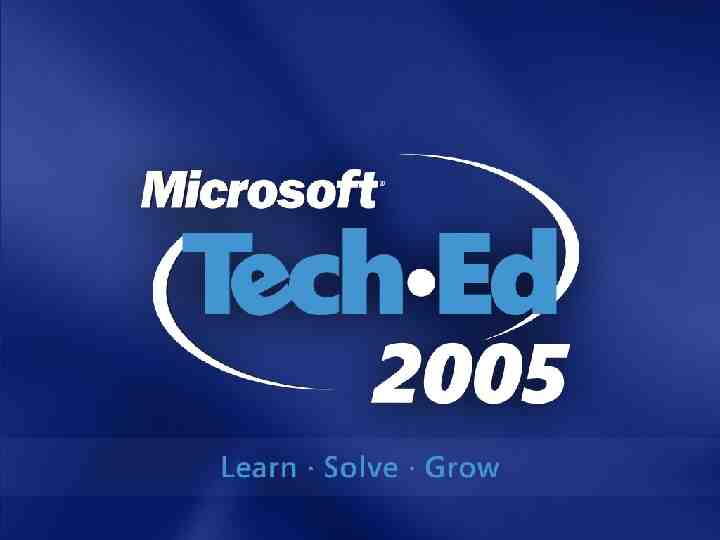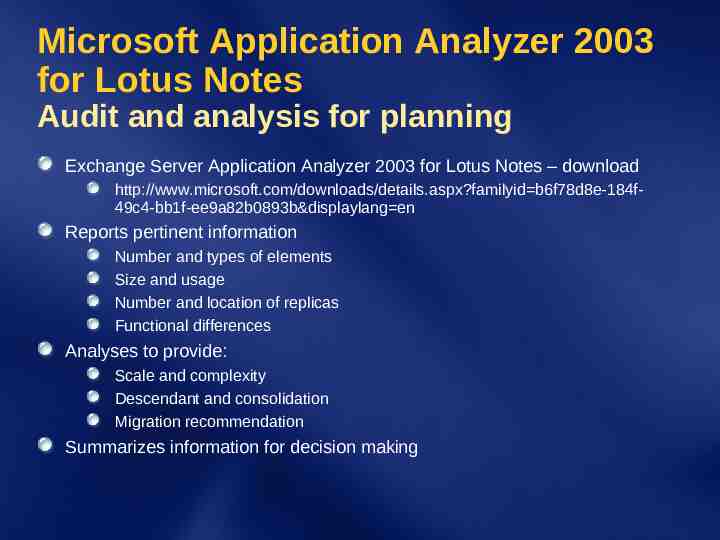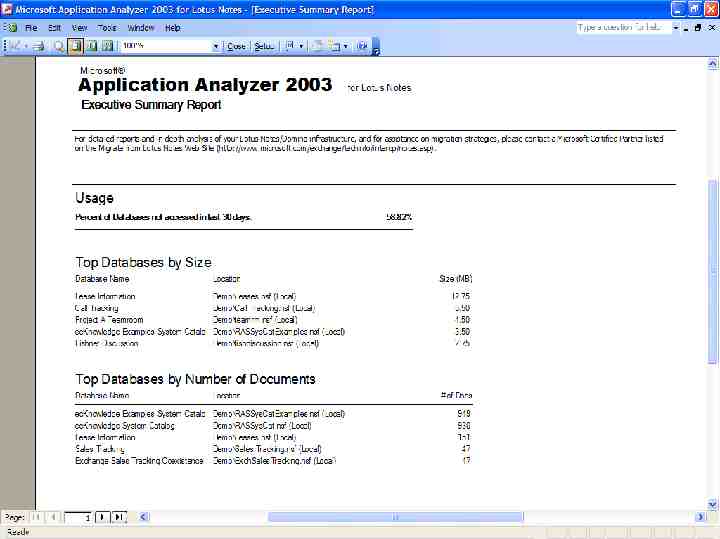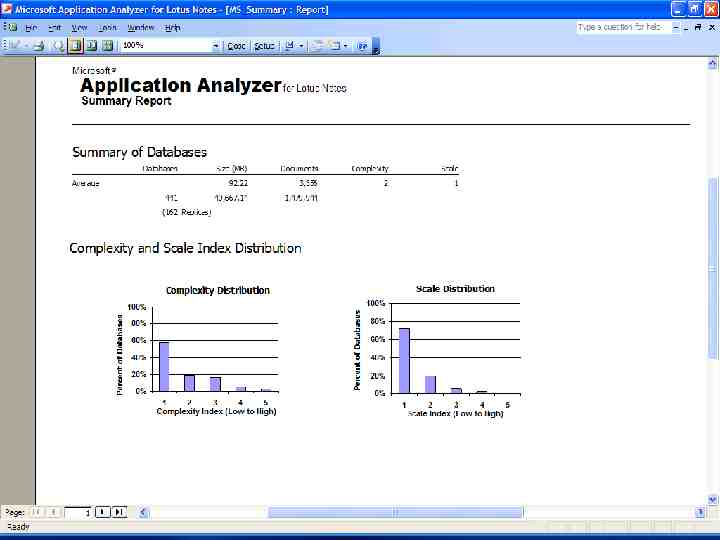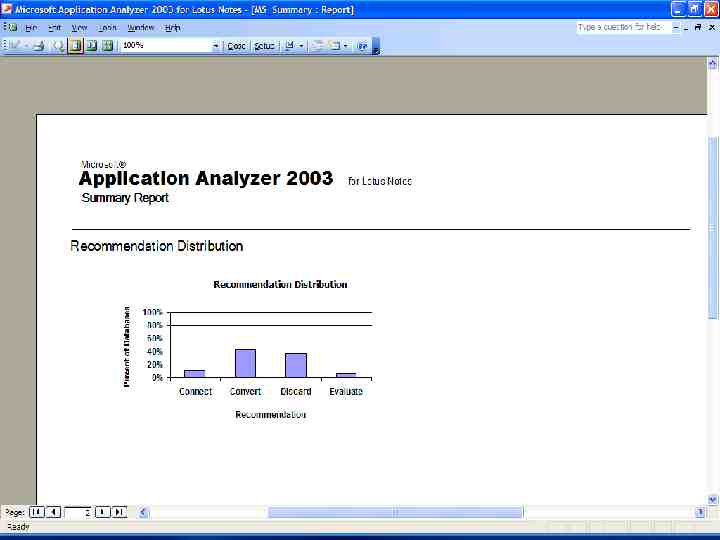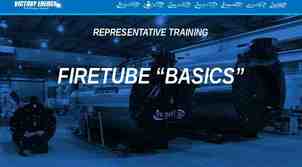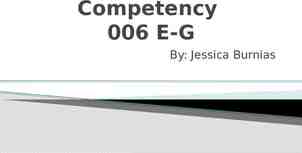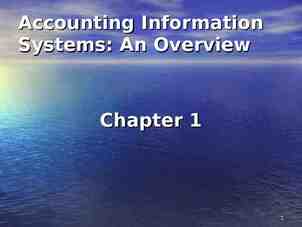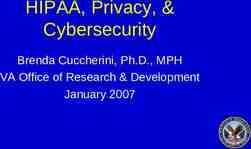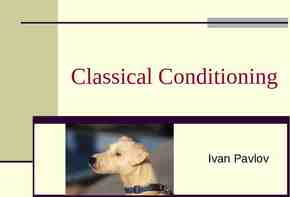MSG308 Migrating from IBM Lotus Notes to Microsoft Exchange
48 Slides3.56 MB

MSG308 Migrating from IBM Lotus Notes to Microsoft Exchange Server Charlie Chung Lead Program Manager Exchange Server Microsoft Corporation

What We Will Cover Overview of Migration Process Microsoft Exchange Server Migration Tools Coexistence Quest Migration Tool Considerations for Lotus Notes Application Migration Customer Case Study: Accenture Resources and Next Steps

Why Exchange Server 2003 and Microsoft? Lower total cost of ownership (TCO) Consolidate servers and sites Flexibility: messaging versus applications Integrated Mobile Features Leverage a broad set of third-party solutions and large pool of expertise Leverage existing investments Microsoft Windows Server 2003 Active Directory directory service Microsoft Windows SharePoint Services Microsoft Office Outlook 2003 Leverage current and future collaboration solutions Microsoft Office Live Communications Server 2003 Microsoft Office System Windows Server 2003 Rights Management Services

Migration Scenario Desktop Environment Messaging Environment Client Access Extend/Co-exist: Messaging and calendaring Migrate: Move Mailboxes and Messaging infrastructure Directory Environment Extend/Co-exist: Outlook with Connector to Notes/Domino, Outlook Web Access Client Migrate: Migrate Notes Client to Outlook/Office Application Environment Mail Extend/Co-exist: Active Directory and Domino Directories can coexist Migrate: Migration tools for Active Directory Consolidate: Non-critical, legacy app’s Applications Extend/Co-exist: Access Notes/Domino applications on Microsoft platform Migrate: Migration tools for applications, and improve application capabilities and supportability Directory

Migration/Coexistence Directory and Messaging Environment Outlook Client Notes Client Lotus Microsoft Directory Synch Mailbox Migration Tool Windows Server 2003 Active Directory Calendar Connector Exchange Server Lotus Notes API Domino Server Domino Directory Two Way Message Flow

Messaging Migration Process Build a solid foundation for migration Provide coexistence between Lotus Notes and Microsoft Exchange Directory coexistence Messaging coexistence Calendar coexistence Plan Client Strategy Outlook, Notes, Web Access Outlook Notes Connector Execute an easy migration

Build on a Solid Foundation Document the Lotus Notes environment Servers, mailboxes, sites, network links, Simple Mail Transfer Protocol (SMTP) gateways Administration and responsibilities Client environment Desktop, versions, security Support, for example non-delivery reports (NDRs), Domain Name System (DNS) Install a solid Exchange Server environment Capacity planning Destination server and sites up and running Antivirus, anti-spam, backup/recovery, third-party applications Internet mail and other connectors installed Administration and support infrastructure Client strategy in place/Outlook training Pilot users

Coexistence Goal: Interoperability between Lotus Notes and Exchange Server Directory synchronization Lotus Notes Directory and Windows Active Directory Calendar synchronization Free/Busy available to all Lotus Notes and Exchange Server users Messages transfer between Lotus Notes and Exchange Server

Migrating Users to Exchange Server Testing and piloting the migration Evaluate tools, limitations, partner options Consider speed and capacity Be aware of dependencies Migrate by workgroups or departments Scheduling Impact on help desk support staff What to migrate Mailbox, external recipients, resources, distribution lists

Exchange Server 2003 Migration and Coexistence Tools Ships with Exchange Server 2003 CD Exchange Connector for Lotus Notes Two-way directory synchronization Two-way message and meeting request flow Exchange Calendar Connector for Lotus Notes Free/Busy scheduling Migration Wizard Partner and Other Tools Quest Outlook Connector for IBM Lotus Domino Exchange Server 2003 also includes tools for Novell GroupWise Internet Message Access Protocol (IMAP) or Lightweight Directory Access Protocol (LDAP) mail Other programs

Install Lotus Notes Tools from the Exchange Server 2003 CD

Single Connector

Multiple Connectors

Directory Synchronization Using the Exchange Connector for Lotus Notes Different directories Lotus Domino Directory Active Directory – Windows and Exchange Server Synchronization has two components: Synchronize recipients in Active Directory to Domino Directory Synchronize recipients in Domino Directory to Active Directory Usually installed on a dedicated Exchange server Scheduled or executed on demand

Directory Synchronization Using the Exchange Connector for Lotus Notes

Directory Synchronization Using the Exchange Connector Define target containers in Active Directory and specify synchronization rules Define filter rules – include or exclude some users from synchronization Choose to synchronize contacts in Active Directory to Domino Directory Choose to synchronize groups or distribution lists between Active Directory and Domino Directory Directory is not expanded (member lists) Set up mapping attributes between Active Directory and Domino Directory From Domino Directory to Active Directory, for new user creation, choose one: Disabled Windows User account New Windows User account Windows Contact Domino resource – contacts in Active Directory

Message Transfer Between Exchange Server and Lotus Notes Exchange Connector for Lotus Notes Converts messaging and meeting requests, and formats them between systems Some features lost in message transfer Reply By, All Day Meeting Requests, voting buttons, Expiration date Some message properties lost Superscripts, subscripts, bullets

Calendar Coexistence Free/Busy Sharing Exchange Calendar Connector for Lotus Notes Installed on an Exchange server Can be the same server where the Exchange Connector for Lotus Notes is installed Also install the Lotus Domino API on a Lotus Notes client running on this Exchange server Free/Busy information in public folder SCHEDULE FREE/BUSY Configurable: number of days of free/busy, update interval

Free/Busy Calendar Synchronization

Time to Migrate Foundation is built Clean up existing Lotus Notes/Domino environment Everything is scheduled Directory synchronization is working Message and meeting flow is working Calendar, free/busy is working Training is completed Outlook rollout in progress or completed Time to use the Exchange Migration Wizard Preserves ability to reply Migrates "rich" information from Lotus Notes to Exchange Server Messages, documents and attachments, calendar

Exchange Server Migration Wizard The Two-Step Process Step 1: Extract Lotus Notes Extractor Step 2: Import Neutral Format Importer Exchange Server 2003

Migration Wizard Every mailbox needs an associated, active Active Directory account Option 1: find an existing account in Active Directory that will be mailbox enabled Option 2: create a new account in Active Directory and mailbox enable it Existing contacts will be removed from Active Directory and attributes will be merged

Exchange Migration Wizard

Verifying and Matching Lotus Accounts to New or Existing Windows Accounts

Last Steps on Migration Check application event log for information Verify execution Review any warnings or errors Calendar items Verify calendar file (*.sc2) is generated and sent to each migrated user Each user to save attachments and import the saved attachment into Outlook How long do you leave the connector and legacy Lotus Notes environment in place?

Quest Migration Tools Product list Notes Migrator for Exchange Advantages in these areas: Directory Data User Data Accuracy Automation

Directory Data Directory provisioning Migrates public Distribution Lists Migrates Internet Aliases High performance Allows for the migration of multiple users at once Can be changed as the migration is occurring
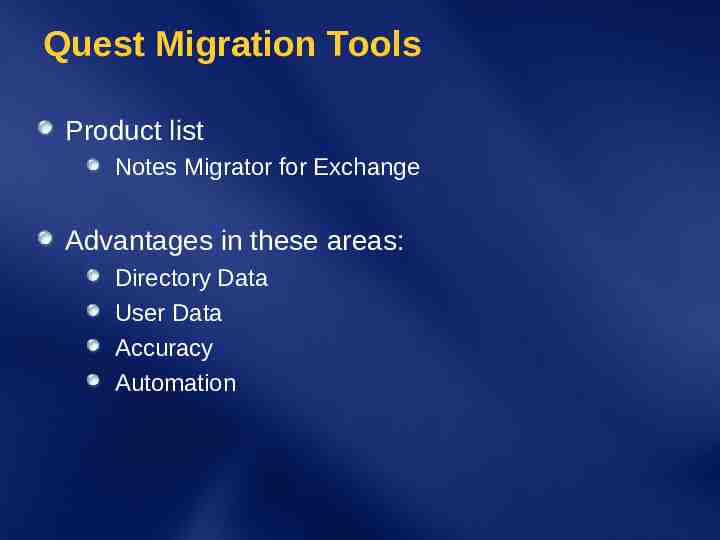
User Data Migration of Personal Address Books Converts Personal Address Books into contact folders Automates Personal Address Book Replication Personal Distribution Lists are migrated Migration of archived data Converts Notes Local Stores to corresponding .pst files Recurring appointments in Calendars are preserved Attendee status at meetings preserved

Accuracy Retains message formatting Preserves HTML formatting Address conversion during migration Maintains reply ability Notes connector can be removed after migration

Automation Migrates directly to Exchange server or .pst files No manual import of calendar or other data required Automates required Notes Administration Sets forwarding from Notes to Exchange as users are migrated Optionally hide migrated users from Notes Disables foreign directory sync
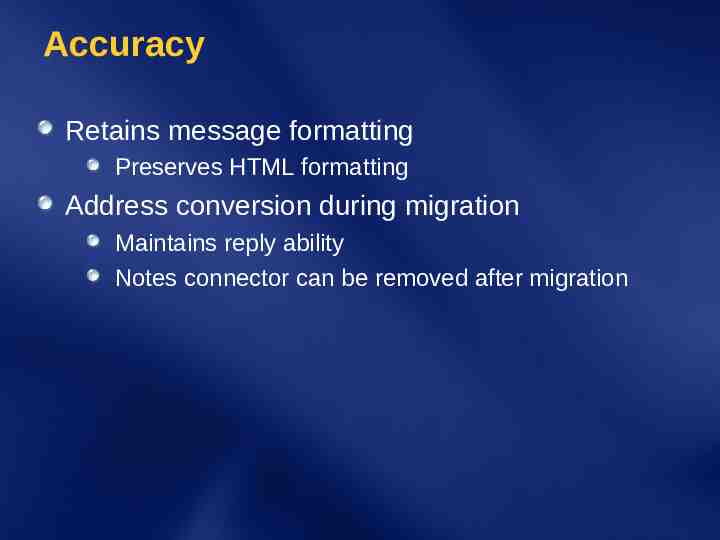
Automation (cont’d) Automates required Exchange Administration Convert Active Directory objects into mailboxes Removes forwarding from Exchange to Notes as users are migrated
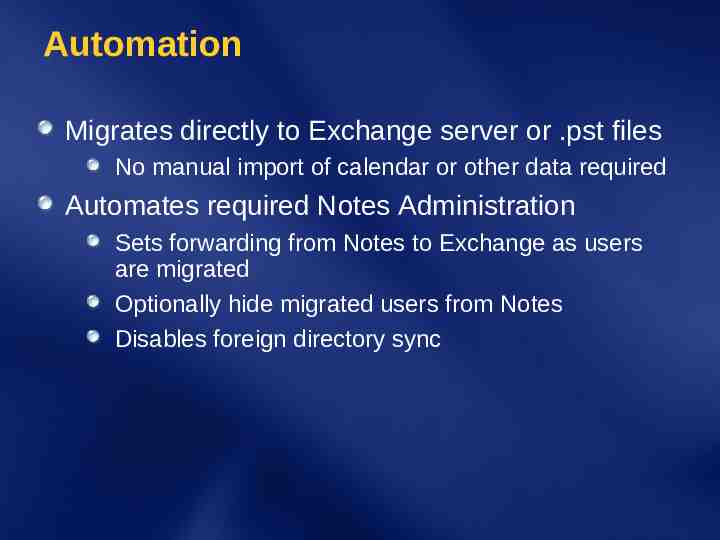
Notes Applications Application Examples Guidance Inactive or Duplicate Applications (60% estimate) Team rooms, discussion dbs, document libraries Presentation Consolidate/Extend/ Archive Simple or Moderate Complexity Applications (30% est.) Business Sub Sub InstantiateObjects InstantiateObjects Set Set s s New New NotesSession NotesSession Logic Set Set db db s.CurrentDatabase s.CurrentDatabase Set Set note note s.documentcontext s.documentcontext End End Sub Sub Data-centric applications Document libraries, contact databases Migrate to Windows SharePoint Services Non datacentric applications Travel requests, Help Desk requests, Simple expense reporting, customer tracking, purchasing, email w/Notes form Migrate to WSS/ InfoPath templates Notes default team sites, QuickPlace sites, Notes default portal Migrate to Windows SharePoint Services Notes Notes Database Database (NSF) (NSF) Data Simple to Moderate Complex 10% 30% Typical Lotus Application Environment 60% Inactive/ Duplicate Team solutions Workflow ISV partners: Sourcecode (k2.net), Captaris, Nintex, Skelta Mobile ISV partner: Addesso Complex Line of Business Applications (10% estimate) May includes complex workflow or have an external application or data dependency Insurance claims processing, HR, Finance, CRM Co-exist until ready to re-evaluate business process and build new with consulting services 1) web enable (apps where need to view info) 2) web services (apps with business process/user interaction)
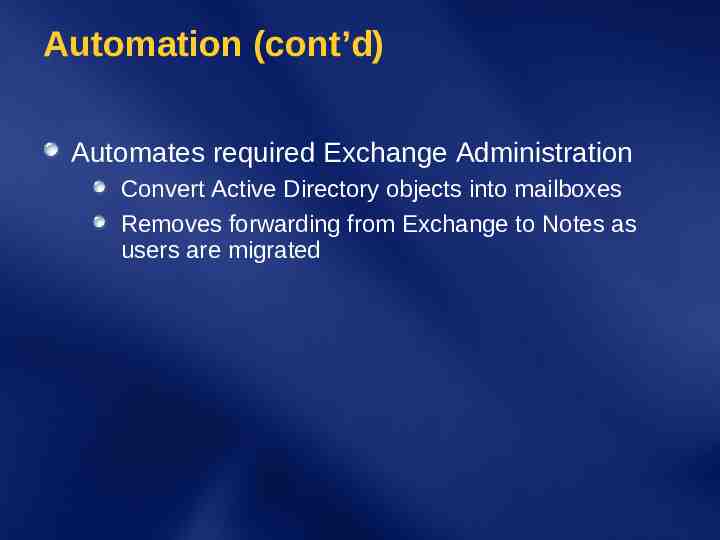
Microsoft Application Analyzer 2003 for Lotus Notes Audit and analysis for planning Exchange Server Application Analyzer 2003 for Lotus Notes – download http://www.microsoft.com/downloads/details.aspx?familyid b6f78d8e-184f-49c4 -bb1f-ee9a82b0893b&displaylang en Reports pertinent information Number and types of elements Size and usage Number and location of replicas Functional differences Analyses to provide: Scale and complexity Descendant and consolidation Migration recommendation Summarizes information for decision making
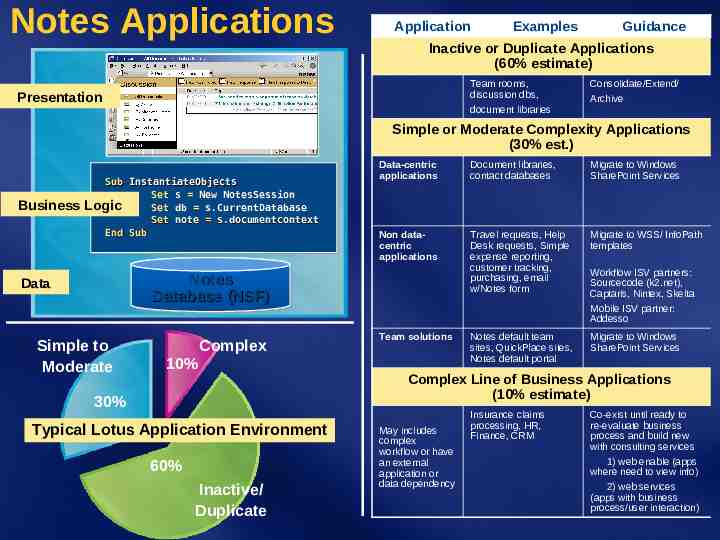
Session Summary Have stable structure to begin with Use Exchange Coexistence tools Connector for Lotus Notes for directory, messaging Calendar Connector for free/busy Use Messaging Migration Tool Exchange Server 2003 Migration Wizard for Lotus Notes OR Partner tool: www.quest.com
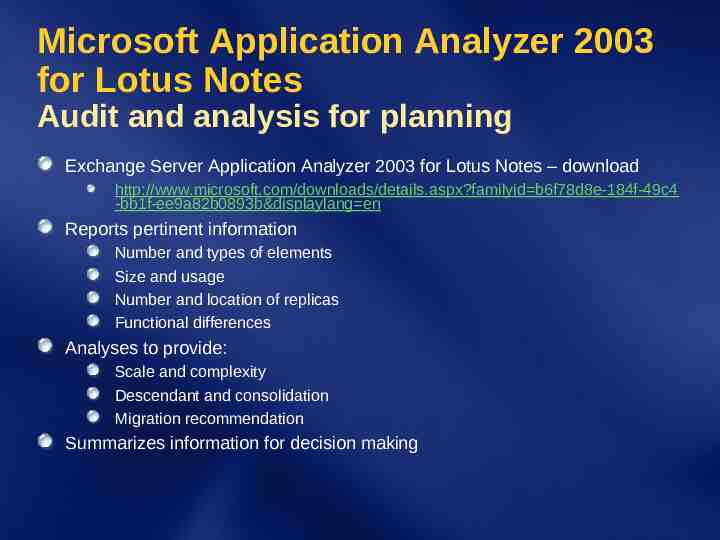
Summary Notes Application Migration Download MS Application Analyzer for Lotus Notes http://www.microsoft.com/downloads/details.aspx?famil yid d94c5719-570d-4adb-b449-70e1e42cbfc5&displayl ang en Plan and test, and migration will be easy Read the Exchange Server 2003 Interoperability and Migration Guide http://www.microsoft.com/technet/prodtechnol/ exchange/2003/library/interopmig.mspx
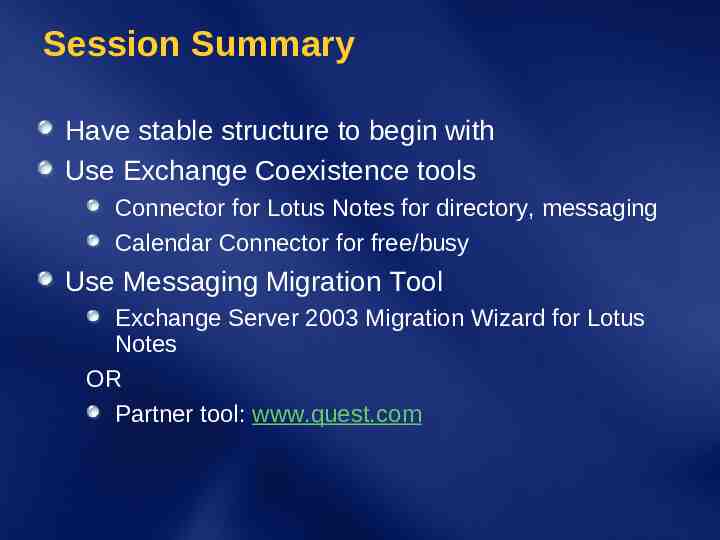
Next Steps Order the Exchange Server 2003 CD Evaluation Kit https://microsoft.order6.com/exchange2003eval/ Free Exchange Server 2003 Virtual Lab http://www.microsoft.com/technet/traincert/ virtuallab/exchange.mspx Free 45-day Windows Server System Evaluation DVD http://www.ms-answers.com/it/login.aspx
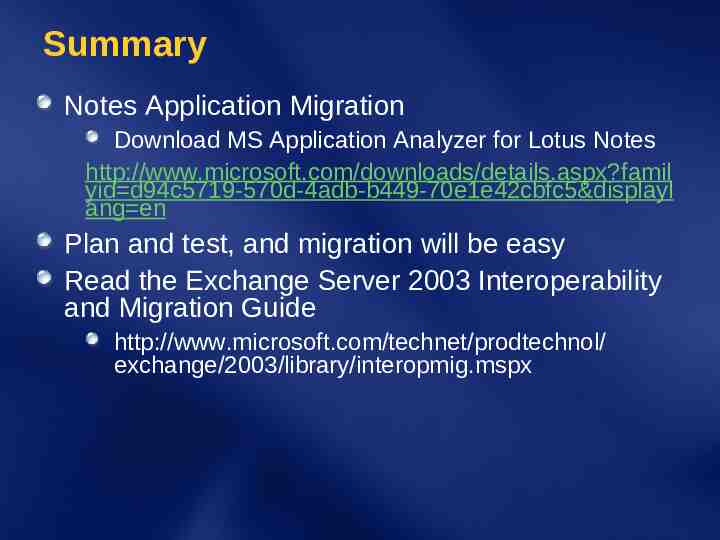
Lotus Notes to Exchange Server Messaging Migration Tools Ships on the Exchange Server 2003 CD Lotus Notes Connectors, Calendar Connector, Migration Wizard Outlook 2002/2003 – Notes Connector http://go.microsoft.com/fwlink/?LinkId 25930 Partner tools Quest www.quest.com Compusven www.compusven.com Binary Tree www.binarytree.com Proposion www.proposion.com
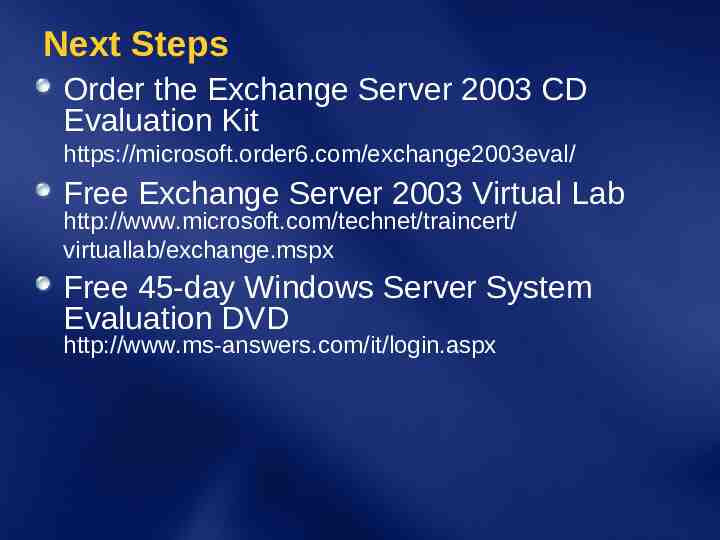
Resources Exchange Server 2003 Interoperability and Migration Guide http://www.microsoft.com/technet/prodtechnol/exchange /2003/library/interopmig.mspx Lotus Notes Migration Information http://www.microsoft.com/exchange/techinfo/interop /notes.asp Analyst reports, case studies http://www.microsoft.com/exchange/techinfo/interop /notes.asp Lotus Notes Tools and Tips Migration Webcast http://msevents.microsoft.com/CUI/EventDetail.aspx?Event ID 1032254651&Culture en-US
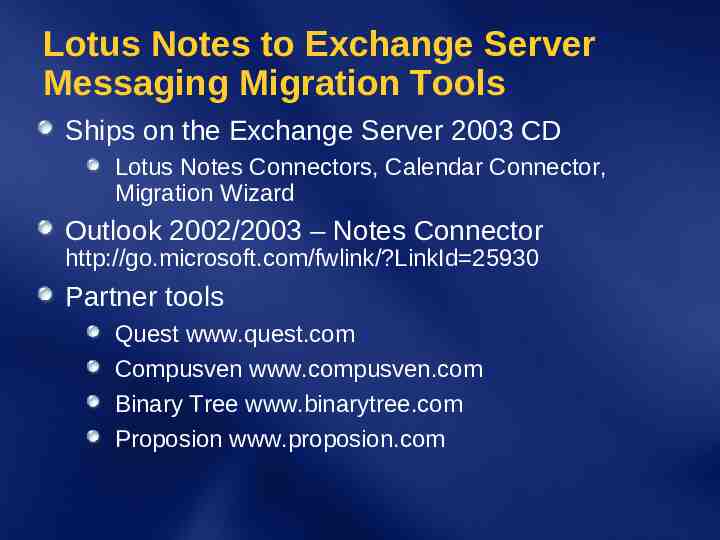
We invite you to participate in our online evaluation on CommNet, accessible Friday only If you choose to complete the evaluation online, there is no need to complete the paper evaluation
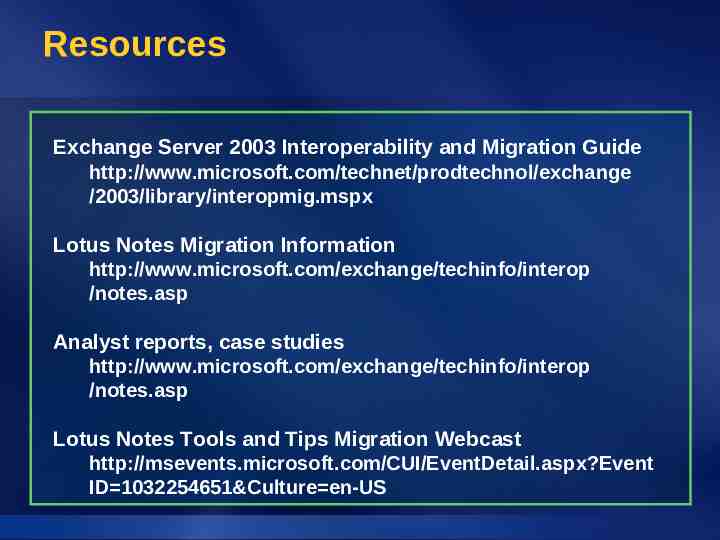
2005 Microsoft Corporation. All rights reserved. This presentation is for informational purposes only. Microsoft makes no warranties, express or implied, in this summary.
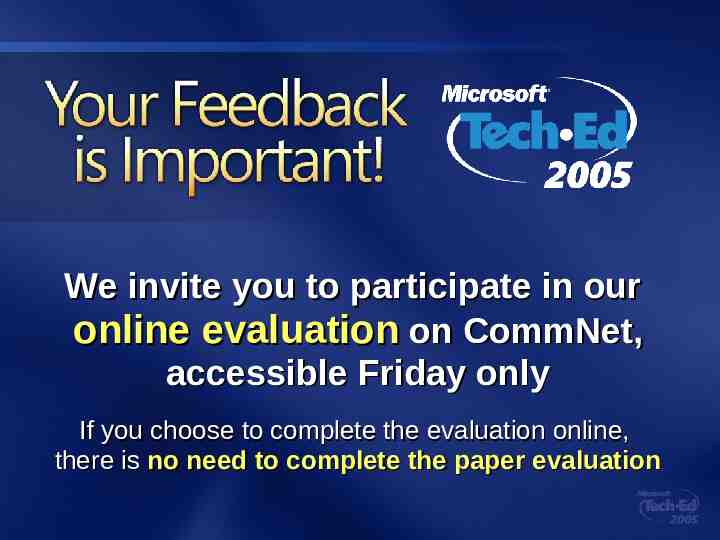
Microsoft Application Analyzer 2003 for Lotus Notes Audit and analysis for planning Exchange Server Application Analyzer 2003 for Lotus Notes – download http://www.microsoft.com/downloads/details.aspx?familyid b6f78d8e-184f49c4-bb1f-ee9a82b0893b&displaylang en Reports pertinent information Number and types of elements Size and usage Number and location of replicas Functional differences Analyses to provide: Scale and complexity Descendant and consolidation Migration recommendation Summarizes information for decision making
